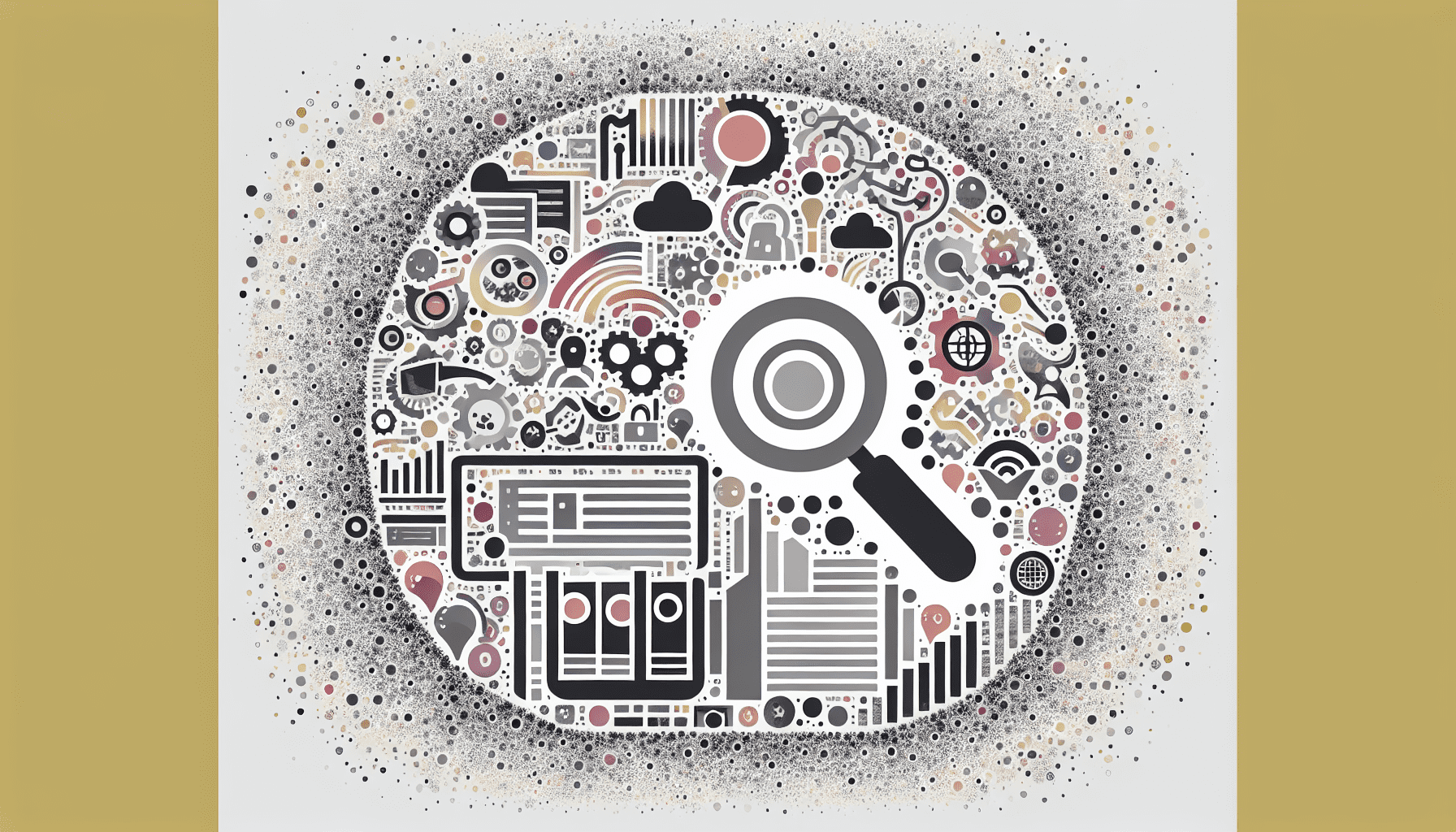Understanding the Data Catalog in Data Analysis

Data Catalog Briefly Summarized
- A Data Catalog is an organized inventory of data assets within an organization, utilizing metadata for efficient data management.
- It enhances data discoverability and accessibility, allowing for a federated search across multiple data catalogs.
- Data Catalogs support interoperability by adhering to standards like the Data Catalog Vocabulary (DCAT).
- They are essential for data governance, compliance, and digital preservation.
- Modern Data Catalogs may include features for cataloging APIs and expressing relationships between datasets.
The advent of big data and the proliferation of data across various platforms and systems have made it increasingly challenging for organizations to keep track of their valuable data assets. This is where a Data Catalog comes into play, serving as a critical tool in the realm of data analysis and management. In this article, we will delve into what a Data Catalog is, its importance, benefits, and how it fits into the broader context of data analysis.
Introduction to Data Catalogs
A Data Catalog is a centralized repository that helps organizations manage their data assets. It is akin to a library catalog that indexes books, but instead, it indexes data. By using metadata, which is data about data, a Data Catalog provides a detailed inventory of an organization's data assets, making it easier for data professionals and business users to find and understand the data they need.
The Role of Metadata in Data Catalogs
Metadata is the backbone of a Data Catalog. It includes information such as the name of the data source, the type of data it contains, who owns it, and access permissions. This metadata is crucial for understanding the context and lineage of the data, which is essential for accurate analysis and decision-making.
Interoperability and Standards: DCAT
Interoperability between data catalogs is facilitated by standards such as the Data Catalog Vocabulary (DCAT). DCAT is an RDF vocabulary designed to enable decentralized publishing of catalogs and federated dataset search across catalogs. It was developed by the World Wide Web Consortium (W3C) and is foundational for open dataset descriptions, especially in the European Union public sector.
The Importance of Data Catalogs
Data Catalogs play a vital role in data governance and compliance. They help organizations maintain an overview of their data assets, ensuring that data usage adheres to legal and regulatory requirements. Additionally, Data Catalogs are instrumental in digital preservation, providing a manifest file that can be used to facilitate the long-term maintenance of data assets.
Features of Modern Data Catalogs
Modern Data Catalogs have evolved to include advanced features such as cataloging data services or APIs and expressing relationships between datasets. They also integrate with various data sources and BI tools, providing a comprehensive view of an organization's data landscape.
Conclusion

In conclusion, a Data Catalog is an indispensable tool for organizations looking to harness the power of their data. It simplifies data management, enhances data discoverability, and supports compliance and governance efforts. As data continues to grow in volume and complexity, the role of Data Catalogs in data analysis and management will only become more significant.
FAQs about Data Catalogs
What is a Data Catalog? A Data Catalog is an organized inventory of an organization's data assets, which uses metadata to help manage and locate data.
Why is a Data Catalog important? A Data Catalog is important because it helps organizations manage their data assets more effectively, ensuring that data is discoverable, accessible, and used in compliance with governance policies.
What is DCAT? DCAT stands for Data Catalog Vocabulary, which is a standard designed to facilitate interoperability between data catalogs on the web.
How does a Data Catalog support data analysis? A Data Catalog supports data analysis by making it easier for analysts to find and understand the data they need, thereby reducing the time spent searching for data and increasing the time for actual analysis.
Can a Data Catalog catalog APIs? Yes, modern Data Catalogs can catalog APIs and services, providing a more holistic view of an organization's data assets.
Sources
- Data Catalog Vocabulary
- What Is a Data Catalog and Why Do You Need One? - Oracle
- What Is a Data Catalog? - Importance, Benefits & Features - Alation
- Data Catalog overview | Data Catalog Documentation - Google Cloud
- Data Catalog
- What Is A Data Catalog? | Informatica
- Data Catalog—Enterprise Data Assets | Microsoft Azure
- What is a Data Catalog? Uses, Benefits and Key Features | TechTarget
- What Is a Data Catalog? Types, Benefits, Uses - Dataversity
- Data Catalog: Components, Criteria, & Future as Data Copilots - Atlan